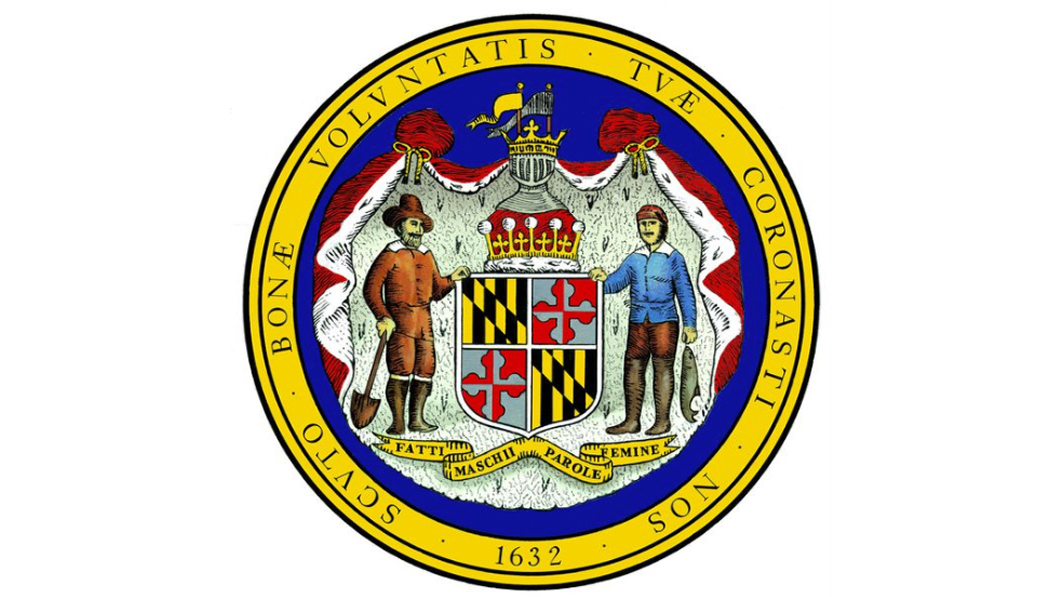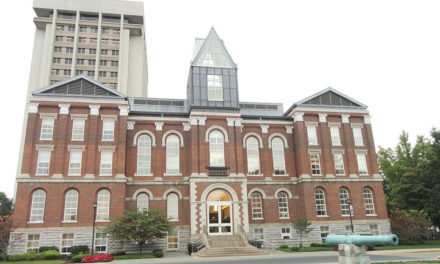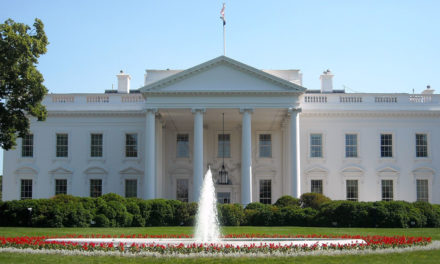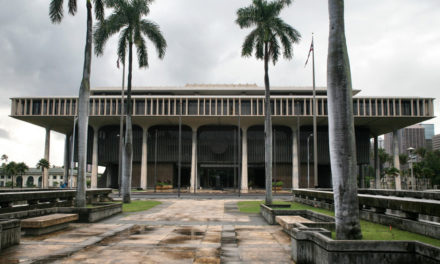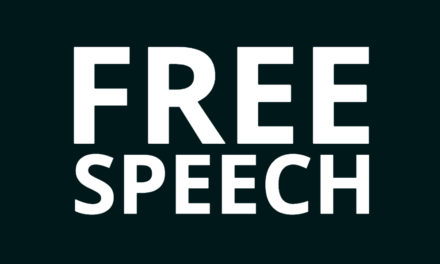Maryland’s law prohibiting licensed therapists and counselors from talking to minors regarding their desire to deal with unwanted same-sex attractions or gender-identity issues has been upheld against a First Amendment free speech challenge.
Christopher Doyle is a licensed psychotherapist who practices in the Washington, D.C. area. He challenged a 2018 Maryland law that prohibits “conversion therapy,” defined as “a practice or treatment by a mental health or child care practitioner that seeks to change an individual’s sexual orientation or gender identity.
Doyle argued that “conversion therapy” is simply “talk therapy” in his practice. He doesn’t physically abuse his clients in any way. He uses speech to help his clients achieve the mental health goals they set for themselves.
As such, Doyle argues, the Maryland law is a ban on protected First Amendment speech and should be held unconstitutional. United States District Judge Deborah K. Chasanow disagreed, however, claiming that even talk therapy is really conduct, which can be regulated by the state.
The judge has some potential support from cases decided elsewhere around the country. But the Supreme Court has never addressed the precise kind of speech at issue in this case. In fact, Justice Clarence Thomas’ majority opinion in NIFLA v. Becerra specifically criticized similar talk therapy bans in California and New Jersey. Judge Chasanow argues that NIFLA’s criticism of those other state bans doesn’t apply here, because the Maryland law is a ban on “conduct with only an incidental affect on speech,” something the Supreme Court didn’t address, she asserts.
How therapy which consists of 100 percent speech can be deemed “conduct” she doesn’t say.
Liberty Counsel, the public interest law firm representing Doyle, promised an immediate appeal of Chasanow’s decision.
According to Roger Gannam, Liberty Counsel’s Assistant Vice President of Legal Affairs, “In NIFLA, the Supreme Court upheld the First Amendment’s prohibition against censorship of professionals’ speech that the government doesn’t like, but the district court ignored that precedent and gave Maryland a pass on its unconstitutional therapy ban. The Fourth Circuit Court of Appeals should reverse the district court and hold that Doyle’s counseling speech is entitled to full First Amendment protection.”
We’ll keep you updated as this case goes to the 4th Circuit.
The case is Doyle v. Hogan.

